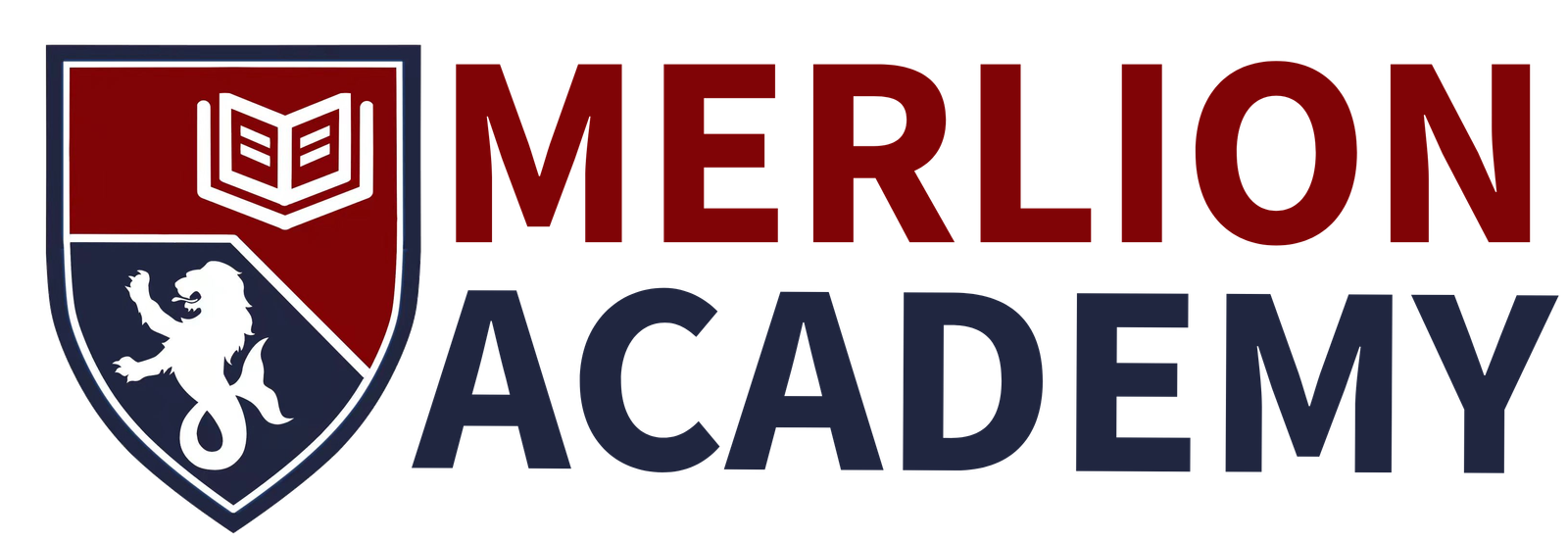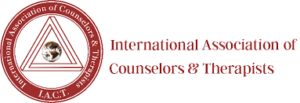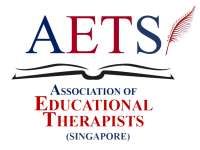Licentiate in Psycho-Educational Therapy (Blended)
Psycho-Educational Therapy is an extension from the original field of Educational Therapy except that it leans more toward applied psychology. Applied psychology is a field that focuses on putting practical research into action. It focuses on the implementation of real-world results over abstract theories and laboratory-based experiments. This discipline validates educational psychology theories in order to achieve tangible results in intervention for children with special needs. The historical origin of Educational Therapy began in the 1940s in Germany during the World War II but it was not called educational therapy at that time. Known as heilpädagogik or therapeutic pedagogy (in the English translation), it is very much influenced by the work of two German pioneers August Aichorn (b.1878-d.1949) and Katrina DeHirsch (b.1903-d.1996). It was DeHirsch (1977), who wrote about the ‘Treatment Alliance’ to distinguish the differences between therapeutic pedagogy and psychotherapy. The field was somewhat eventually brought into the United States in the 1970s, and it is now widely known as Educational Therapy.
Officially recognised by the World Health Organization (WHO), Educational Therapy has been classified under the procedure code 93.82 since 1986 in the International Classification of Diseases, Clinical Modifications-ninth revision, Volume 3 (ICD-9-CM, Version 3). It is the gold standard, non-pharmacological and the most holistic by far as it treats a wide range of learning difficulties, disorders, differences and deficits.
Learners will be learning about the different domains of educational therapy , the skill areas and treatment goals that an educational therapist covers, and the 13 core principles of the practice of educational therapy will be covered from building good rapport with a client, working collaboratively with parents and teachers, creating supportive learning environment for the client, educating and guiding the parents and/or teachers in managing the client, etc. Learners will learn about client issues (e.g., dyslexia, non-verbal learning disorder, reading and writing difficulties, math difficulties, etc.), which also include attitudinal problems and study skill, addressed by an educational therapist. Areas of treatment for educational therapists include academic aspects of learning, and social and emotional aspects of learning.
In 1908, psychologist Hugo Munsterberg defined applied psychology as research adjusted to fit the problems encountered in everyday life. In works on industrial psychology, advertising, and education, Munsterberg and his colleagues began exploring the possibilities of an applied psychology. Learners will be learning more about the applied psychology in the context of education, especially in special education and allied therapies. Learner will also be learning 20 basic guiding principles in the applied psychology, organised into five areas of psychological functioning: (1) Cognition and learning; (2) Motivation; (3) Social and emotional dimensions; (4) Context and learning; and (5) Assessment. Each of the individual principles listed in the document includes an explanation of the concept, its relevance for instruction. Learners will be introduced to many different types of applied psychological therapies, however, they all have one common therapeutic goal. They seek to facilitate changes towards well-being, instead of asking oneself which of these applied psychological strategies is the best or worst.
Learners will be introduced the specific treatments employed in psycho-educational therapy and will learn about the six levels of treatment: (1) pre-emptive, (2) preventive, (3) corrective, (4) remedial, (5) compensatory, and (6) spiritual. Not all the levels are applicable in psycho-educational therapy. Learners will learn about what they can do to help their clients with different learning and/or behavioral problems.
This one-year programme provides learners without prior knowledge to embark a career as an Educational Therapist. The programme represents practical knowledge, skills, capabilities and competencies. Graduates could be admitted as an Allied Members of the Association of Educational Therapists (Singapore).
Graduates could also gain a maximum of two module exemptions of the Practising Licence Programmes with the renowned professional body International Association of Counselors and Therapists (IACT) based in the United States of America (USA). The IACT is a prestigious professional body that admit any member who have fulfilled the rigorous Practising Licence Programmes and requirements to obtain practising membership as a counselor and therapist. Membership with the IACT is a mark of high standard and excellence. Practising members are not only knowledgeable, skilled but are also highly respected as well. They are eligible to set up therapy or special education needs centres globally, and provide intervention and therapy programs from children, adolescents to adults with special education needs.
Merlion Academy is the only authorised academy in Asia to supervise and verify candidates’ work seeking to gain admission as an IACT’s member.
The modules of the programme are:
- Module 1: Introduction to Educational Therapy
- Module 2: Introduction to Applied Psychology
- Module 3: Introduction to Psycho-Educational Therapy
- Module 4: Case Management Model in Psycho-Educational Therapy
- Module 5: Introduction to Nosology
- Module 6: Human Lifespan Development
Module 7: Cattell-Horn-Carroll Broad & Narrow Abilities - Module 8: Diagnostic Screening Test Battery
Module 9: Treatment in Psycho-Educational Therapy - Module 10: Case Studies

Assessment:
- Assessment is based on coursework, assignments and essays with no formal examinations
- Guided learning hours to fulfill: 300 hours
- Credits to attain: 75 credits
Entry Requirements:
Age
21 years and above
Minimum qualification
Diploma graduate in any discipline
English requirement
1. Pearson Test of English (PTE) 51; or
2. IELTS 5.5 (reading and writing must be at 5.5); or
3. TOEFL 59
5. Equivalent (such as Pearson Versant English Test).
Course Fees:
(Non-refundable one-time application fee of SGD 95.00 is payable upon application)
Program fee
SGD 7,500.00
Marking fee
SGD 1,000.00
Payment mode
Stripe / Credit card / Alipay
Refund Terms
90% – more than 28 days before course commencement
50% – less than 28 days before course commencement
10% – less than 3 days before course commencement
0% – more than 3 days after the course commencement


